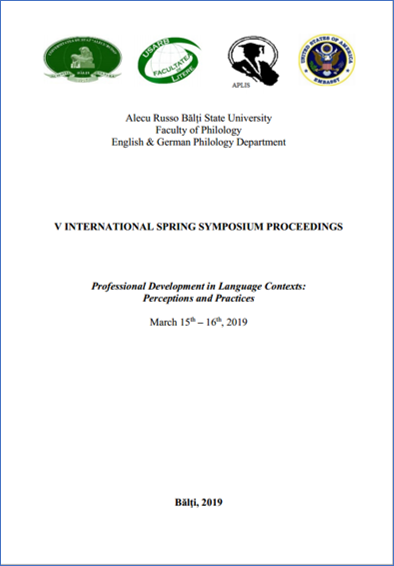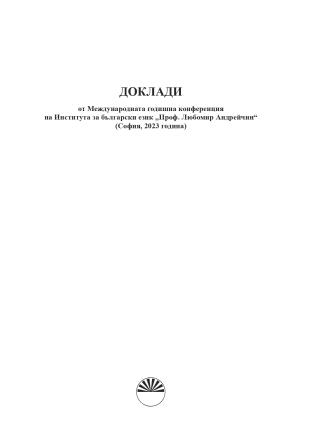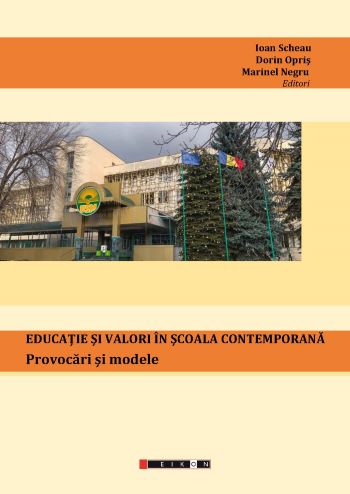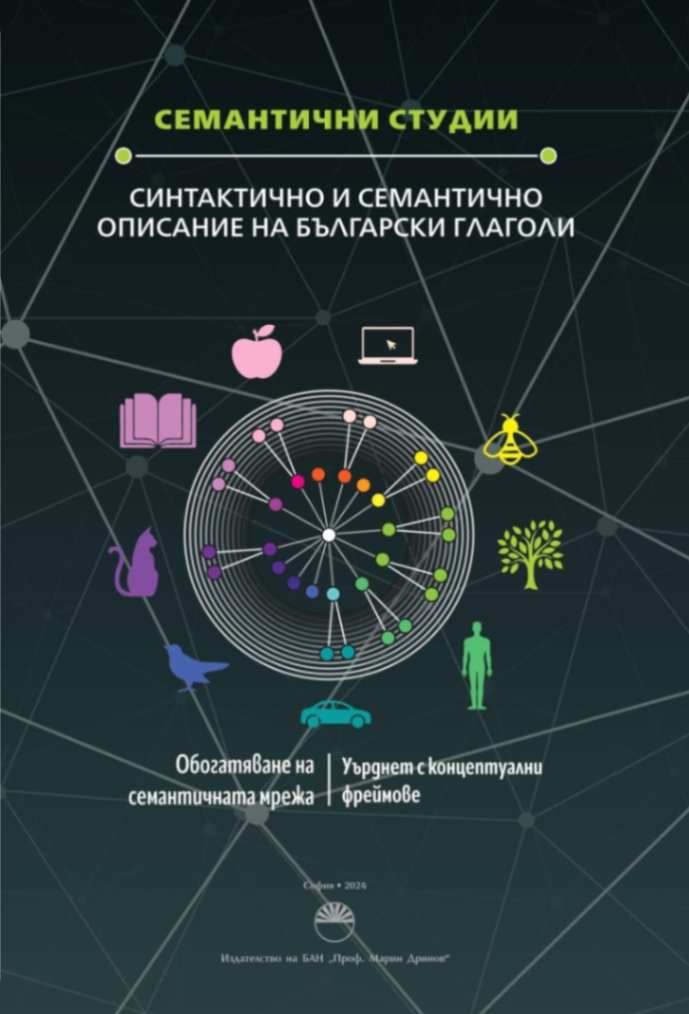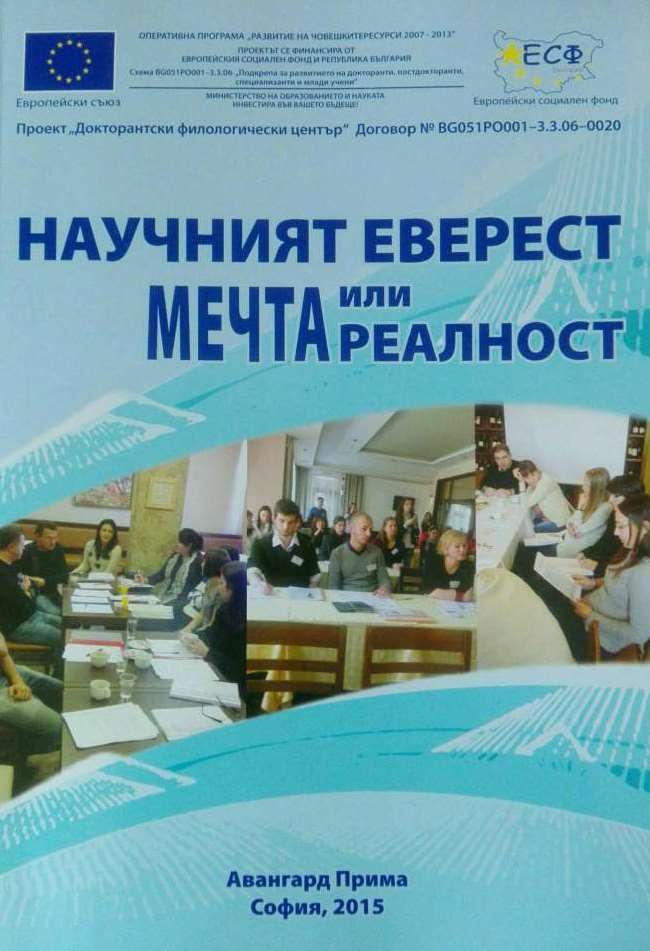
Influx of English Lexis into the Bulgarian Online Media – the Bulgarian Language on the Web
The article examines the phenomenon „invasion of English words and expressions in the spontaneous written speech of the social media”. Some of the social and psycholinguistic reasons for that phenomenon are taken into account, as the focus is directed to one of them, namely the use of code switching and other stylistic techniques to achieve greater expressiveness of the spontaneous written speech.
More...
